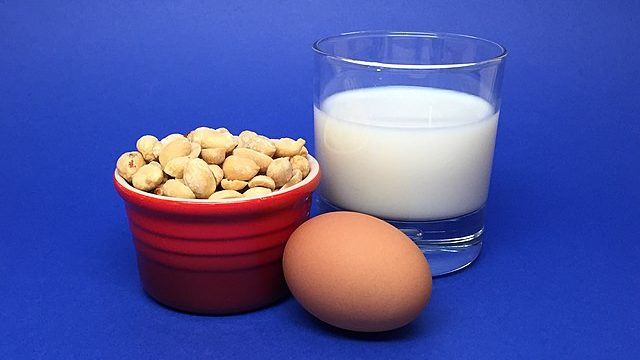Connecticut’s Attorney General William Tong has launched an inquiry into “food price gouging” among Connecticut grocers after a federal report exposé. This comes two months after President Joe Biden pressured American groceries to lower prices amid falling production costs.
In its part, the Connecticut AG’s office announced on April 11, 2024 that families “are getting squeezed” by a persistent rise in food prices.
A day earlier on April 10, the U.S. Bureau of Labor Statistics (BLS) had reported a year-long national food inflation appreciation by 3.5%.
BLS showed a single-point monthly shift in food item inflation since November 2023. In November and December 2023, U.S. food-at-home price index rose by 0.2%, then by 0.3% in January 2024. It then increased to 0.4% in both February and March, 2024.
Tong, however, thinks inflation is not the sole cause of costly groceries and intends to investigate local supermarkets and retail chains.
Grocer Revenues at 70-Year Peak
Interestingly, grocers’ profits in Connecticut are at a 7-decade peak, according to the Connecticut State Senate majority leader, Bob Duff.
Duff told the Federal Trade Commission (FTC) that 50% of the current price hike is directly caused by price gouging. The FTC report said that food businesses could still be using COVID-19 era price elevation techniques even today.
This has prompted AG Tong to order an inquiry into the business returns of all statewide grocers. Some of the big fish in the investigation include Tyson Foods, Amazon, Walmart and Kroger, among others.
Profit over Costs Rises by 7% in Q1-3, 2023
According to FTC, food and beverage outlets in Connecticut saw a 7% profit rise over expenses in 9 months through 2023.
This underlines a growing trend that started in the pandemic period when grocers made 6% profits over costs in 2021. This was then the highest such increase in revenue over expenditure in 20 years
FTC based its assessment on the assumption that grocers should only raise their prices in tandem with cost appreciation. For instance, the FTC report indicated that large retailers pressured their suppliers during the pandemic so as to lower costs.
In response to the accusation of food price gouging, the Connecticut Food Association denied unfair gouging and defended small grocers.
